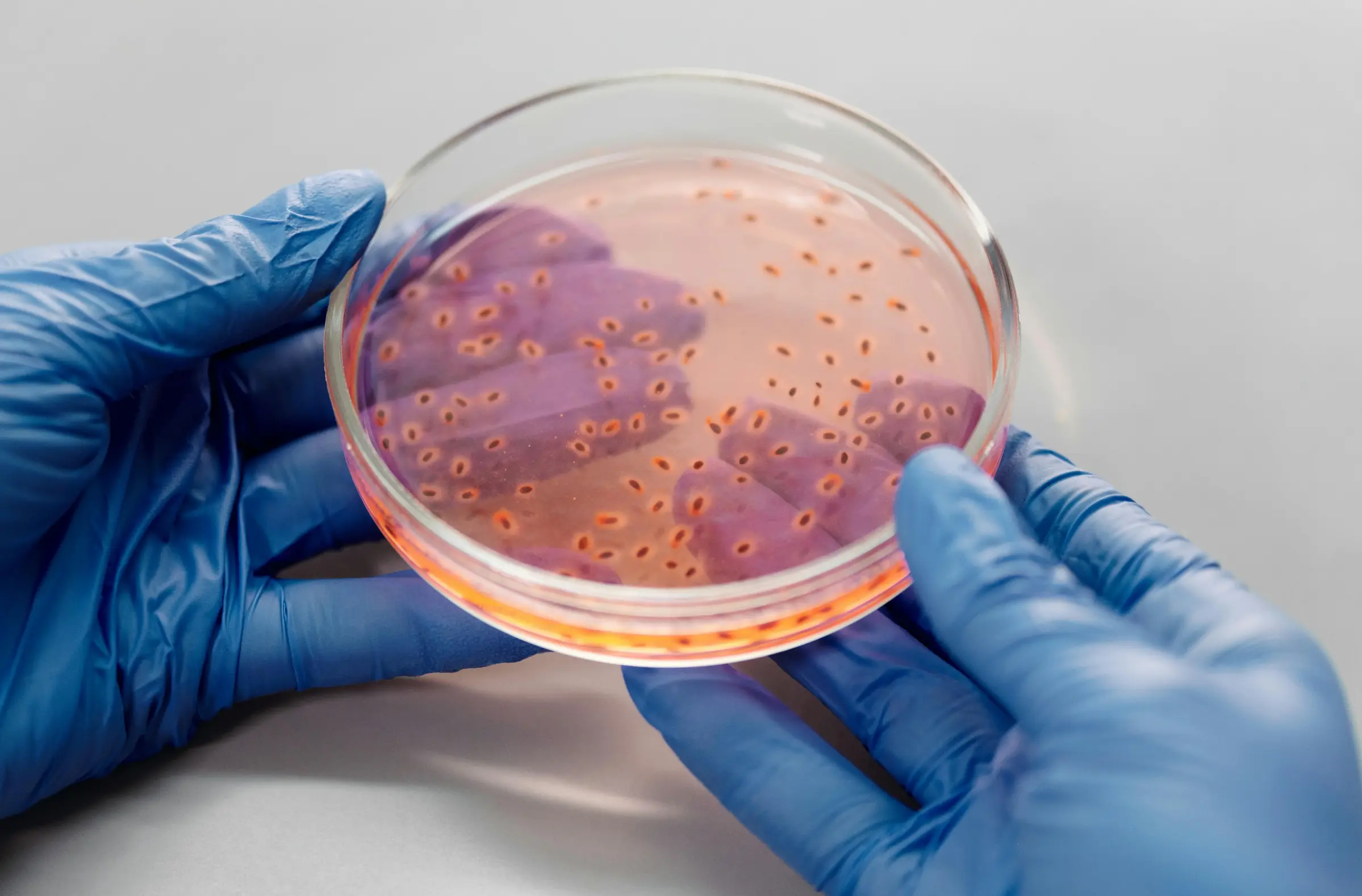Mitochondria: This is how the cell's powerhouse works to give you energy
Mitochondria are crucial to your body's ability to create energy. Explore how these little “power plants” in your cells work and their role in your health and well-being.

Why mitochondria are important for your energy
Have you ever wondered where your body gets its energy from? The answer is in every cell in your body -- in the mitochondria. These small, but powerful, organelles act as the cell's powerhouses, converting nutrients and oxygen into the energy your body needs to function optimally. In this article, we explain how mitochondria work, why they are so important, and what you can do to support their function.
Function of Mitochondria: Your Cells' Energy Converters
Mitochondria are tiny organelles inside cells and play a central role in converting energy from the food we eat into a form the body can use, called ATP (adenosine triphosphate). ATP is the universal energy currency in the body and is used in all biological processes of the body, from muscle work to nerve signaling and protein synthesis.
How mitochondria produce energy:
- Nutrients break down
Carbohydrates, fats and proteins are broken down into smaller molecules that can be transported into the mitochondria. This process is called glycolysis and beta-oxidation. - The respiratory chain is activated
In the inner membrane of the mitochondria, the so-called electron transport chain takes place, in which electrons from nutrients are carried through various protein complexes. Oxygen acts as the final electron acceptor and plays a crucial role in the process. - ATP is formed by oxidative phosphorylation
The energy from the electron transport chain is used to pump protons across the mitochondrial membrane, creating an electrochemical gradient. This gradient drives the enzyme ATP synthase, which produces ATP.
Factors that may affect mitochondrial function
The optimal functioning of mitochondria is crucial for your energy and overall health. Here are some factors that can interfere with their functioning:
- Nutrient Deficiency
Lack of essential vitamins and minerals, such as magnesium, B vitamins and coenzyme Q10, can affect mitochondrial efficiency. - Oxidative stress
Harmful free radicals can damage mitochondria and lead to cell damage and inflammation. - Age
Mitochondrial function can decline over the years, which can affect energy levels and health. - Environmental Toxins and Toxins
Exposure to heavy metals, pesticides and chemicals can damage mitochondria and inhibit their energy production.

Practical tips to support the mitochondria
Do you want to promote optimal mitochondrial function? Here are some concrete tips:
1. Eat a balanced diet rich in nutrients
Foods rich in antioxidants, such as berries, kale, and nuts, can protect the mitochondria from oxidative stress.
- Omega-3 fatty acids from oily fish or flaxseed oil also support the function of cell membranes.
- Foods high in B vitamins, such as eggs, legumes and whole grains, contribute to an efficient energy metabolism.
2. Regular exercise
Exercise, especially aerobic exercise such as jogging or swimming, can increase the number of mitochondria in cells and improve their efficiency.
- High-intensity interval training (HIIT) has been shown to stimulate new mitochondrial formation.
- Strength training can help maintain mitochondrial function through increased muscle mass.
3. Prioritize sleep and recovery
Quality sleep is essential for cell regeneration processes and mitochondrial recovery.
- Aim for 7-9 hours of sleep per night.
- Minimize blue light from screens before bedtime.
4. Reduce stress and inflammation
Chronic stress and inflammation can lead to mitochondrial dysfunction.
- Meditation, yoga, and breathing exercises can reduce stress hormones and promote mitochondrial health.
- Anti-inflammatory diet, rich in omega-3 and polyphenols, can protect against mitochondrial damage.
Summary
Mitochondria are the powerhouses of cells that produce ATP, the body's main source of energy, through oxidative phosphorylation. Research shows that proper diet, regular exercise and adequate recovery can improve mitochondrial function and counteract dysfunction linked to aging and disease. By optimizing your lifestyle, you can provide your mitochondria with the best conditions to produce energy and stay healthy and vital for longer.











